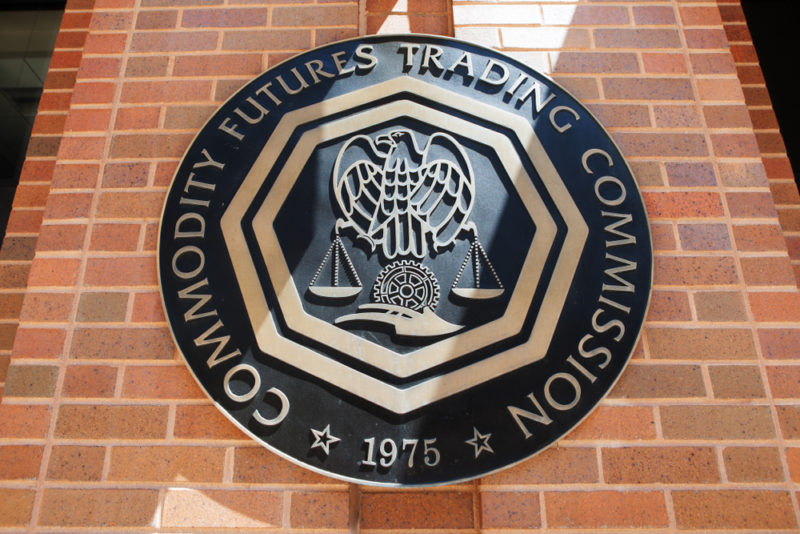A British law firm has confirmed that they are handling a high-profile divorce case involving a tug of war over cryptocurrency valued at $840,000.
To date, it is considered to be the world’s largest cryptocurrency untethering.
Ironically, UK law firm Royds Withy King announced the case, on Valentine’s Day no less.
The press release released by the firm read:
“Royds Withy King is acting on three separate high value divorce cases where spouses are seeking the disclosure and a potential share of cryptocurrency assets.
“These are a first wave of cases that the firm is expecting. The three cases all involve husbands that have invested in or have purchased cryptocurrencies, including Bitcoin, Litecoin, Ripple and Ethereum.”
The most lucrative of these cases involves “an original investment of £80,000 [of cryptocurrency] in November 2016, which was valued at £1m in December 2017 and is now worth £600,000 [$840,000].”
A partner of the firm, Vandana Chitroda, remarked that there is a “a traceability nightmare” in cases where a spouse hasn’t divulged their assets. One partner’s nightmare, of course, may be to the other’s benefit as parting with half of one’s cryptocurrency collection doesn’t come easy.
“Cryptocurrencies have been with us since 2009 when Bitcoin was launched but have only recently become an issue for separating couples as awareness, values and media interest have soared.
“These are the first cases we have seen, and we expect to see many more. There will also be those divorces where a spouse may not have disclosed such assets leaving a traceability nightmare,” Chitroda mentioned.
In a lot of countries, a 50% division of assets is usually awarded, despite the husband often being the main breadwinner, because the wife’s contribution is recognized in other domains.
Even if the man’s wife isn’t asking for an equal division of digital assets, he may begrudge letting go of a portion of his portfolio.
As Chitroda stressed:
“[Volatility] presents a real challenge when valuing cryptocurrencies. Valuations will have to be carried out a number of times during the divorce process as the case progresses.”

 Business2 days ago
Business2 days ago
